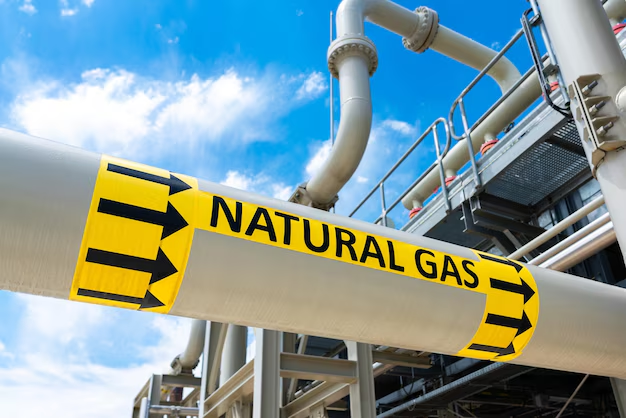
By K&L Gates attorneys Timothy J. Furdyna, Derek B. Kalbfleisch, Benjamin A. Mayer, Stuart B. Robbins, David L. Wochner
The November election results signal changes to energy policy at the state and federal levels. While it is not yet clear how these changes will develop in the months to come, one winner that appears to have emerged at the ballot box is natural gas. As the debate over the use of natural gas in residential and commercial settings continues to play out, this year’s election results demonstrate that voters around the country favor keeping natural gas around, at least for now. The battle over its future is not over though, and policy proposals and ballot initiatives will undoubtably continue to play a role in how the resource is used in the energy transition.
Election Day Wins: Gas Bans and Ballot Measures
On election day, voters in several states were asked to consider initiatives that had the potential to reshape the role of natural gas in those states.1 These initiatives are the latest development in an ongoing battle over natural gas and emissions reduction efforts. Leading up to election day, there were questions about how the election results would impact the composition of state legislatures and whether they would result in more proposals to ban gas, prohibitions on gas bans, or electrification mandates.2 Now that we know the results, it appears there is wind behind the natural gas sails, as voters in several states made it clear they want natural gas here to stay.
In the state of Washington, for example, voters rejected an initiative aimed at killing the state’s nascent carbon market, but at the same time saved natural gas from the chopping block.3 Initiative 2066 protects natural gas access in the state and bars local governments from banning its use.4 The initiative repeals and amends portions of the Washington Decarbonization Act passed in early 2024, which would have required the state’s largest utilities to plan for and encourage building energy electrification, including by prohibiting incentives for natural gas appliances and creating incentives for electric heat pumps.5 The initiative also prohibits Washington building code provisions that “in any way prohibit, penalize, or discourage the use of gas” in residential and nonresidential buildings.6 Opponents of the initiative argue it is unconstitutional because it violates the state’s “single subject rule,” which limits initiatives to one subject, and they are gearing up to challenge it in court.7
Natural gas’ election wins are also apparent in Berkeley, California, where over two-thirds of voters rejected a proposed new tax on natural gas use in buildings.8 The voter-led initiative “Measure GG” sought to implement a fossil fuel tax on large buildings. It would have taxed buildings larger than 15,000 square feet at an escalating rate each year, with the tax doubling in 10 years, tripling in 15 years, and eventually maxing out at 10 times the initial rate.9 Revenue from this tax would have funded a Fossil Fuel Free Buildings Just Transition Fund to pay for “building decarbonization retrofit work, prioritizing low-rise residential buildings and restaurants.”10
Following this election, there will also be several states to watch for future legislation designed to prohibit natural gas bans. For instance, the New Mexico Legislature had bipartisan support for a gas-ban preemption bill (i.e., a state law banning local natural gas bans) in the last legislative session and is expected to reintroduce the bill next year.11
State Policy and Ballot Measures: Gas Bans and Electrification Mandates
In February 2024, we provided an update on the US Court of Appeals for the Ninth Circuit’s decision in California Restaurant Association v. City of Berkeley, striking down a Berkeley ordinance that prohibited natural gas piping in new buildings as preempted by the federal Energy Policy and Conservation Act (EPCA). Since then, states have remained active in legislating and litigating on the gas ban issue. On 18 April 2024, Nebraska joined 25 other states in passing a gas-ban preemption law that would prohibit local governments from enacting ordinances prohibiting or restricting access to a fuel source or a type of energy that is authorized to be supplied to customers, including propane.12
If you like this post, you’ll love our daily environmental newsletter, EnviroPolitics. It’s packed daily with the latest news, commentary, and legislative updates from New Jersey, Pennsylvania, New York, Delaware…and beyond. Please do not take our word for it, try it free for a full month.


